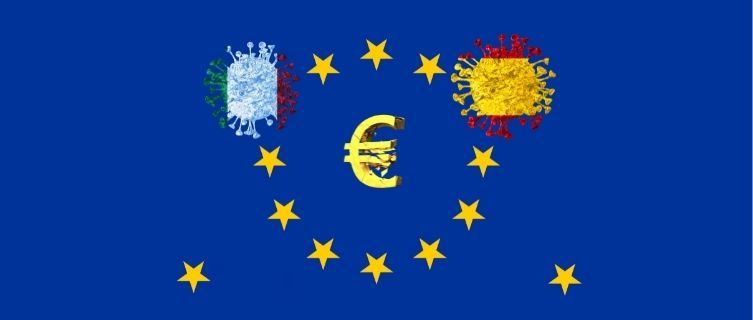Spain and Italy continue to lose in patent translation service fight
As a business, you know how expensive it is to file a patent. From the cost of filing to the expense of having the necessary patent translation service, patent filings are costly to companies.
With that in mind, it’s easy to understand why businesses continue their frustration over Spain and Italy’s non-stop battle against the European Patent Office (EPO).
For almost a half-century, Spain and Italy have fought the EPO to require that patents be filed in Spanish or Italian. Right now, the claims for a patent section must be filed in the EU in the top three dominant languages: English, German, and French. Spain and Italy want to add Spanish and Italian to that list of languages.
The cost of filing a patent
What supporters of more translation requirements might not realize is how expensive it is for businesses to properly translate their patents.
In 2012, the European Commission found that a EU patent validated in only 13 Member States cost on average 20,000 euros. After filing a new proposal, that total went down to 6,200 euros on average. In the United States, the average cost is only 1,850 euros.
These averages do not include patent translation service costs.
Patent translations into one language are approximately 1,500 euros for a 20-page document. When you add in multiple languages, that price doubles or triples in cost. Although that might be good for translation companies, it’s inhibitive for businesses wanting to launch a new product.
The hidden cost of Spain and Italy’s agenda
Beyond the regular costs of patent filings and translations, there is an extra hidden cost. It’s the high cost of creating a non-business friendly environment.
This cost becomes even more expensive as Spain and Italy push their agenda to try to get patents translated into Spanish and Italian.
When it costs more to start and build a business in a country, fewer businesses are able to get off the ground. This makes the EU far less competitive with the rest of the world, including the United States and Japan.
Machine translation for patents
Last year, the EPO announced a free machine translation support for their Patent Translate bill. This was created in an effort to make on-demand translations easier for all 32 languages represented in the EU, as well as Chinese, Japanese, Korean, and Russian.
Even with this machine translation tool available, the EPO continues to restrict the number of languages for filing – a ruling that continues to stoke the fire of Spain and Italy.
Dismissing Spain’s recommendations
After years of going back and forth between the Spanish government and the EPO over patent filing translations, Advocate General Yves Bot has stepped up to recommend that Spain’s claims be dismissed.
He believes that having a unitary patent protection system is fundamental to the sincere cooperation of all Member States in the EU.
More specifically, he notes the following:
-
The current system hinders the patent protection system in the EU.
-
The current languages are in line with a realistic setup in the EU. Most languages are spoken in Member States and are coming from the areas where most patent applications originate.
-
Spain’s claims that Spanish should be added to the list of languages should be dismissed.
Although there is tremendous weight placed on the Advocate General’s opinion, nothing is finalized until it goes through the Court of Justice.
While the final judgment is considered, people on both sides are watching closely. The decision stands to not only help this case move forward, but it will also be used in many other related issues and future rulings.







